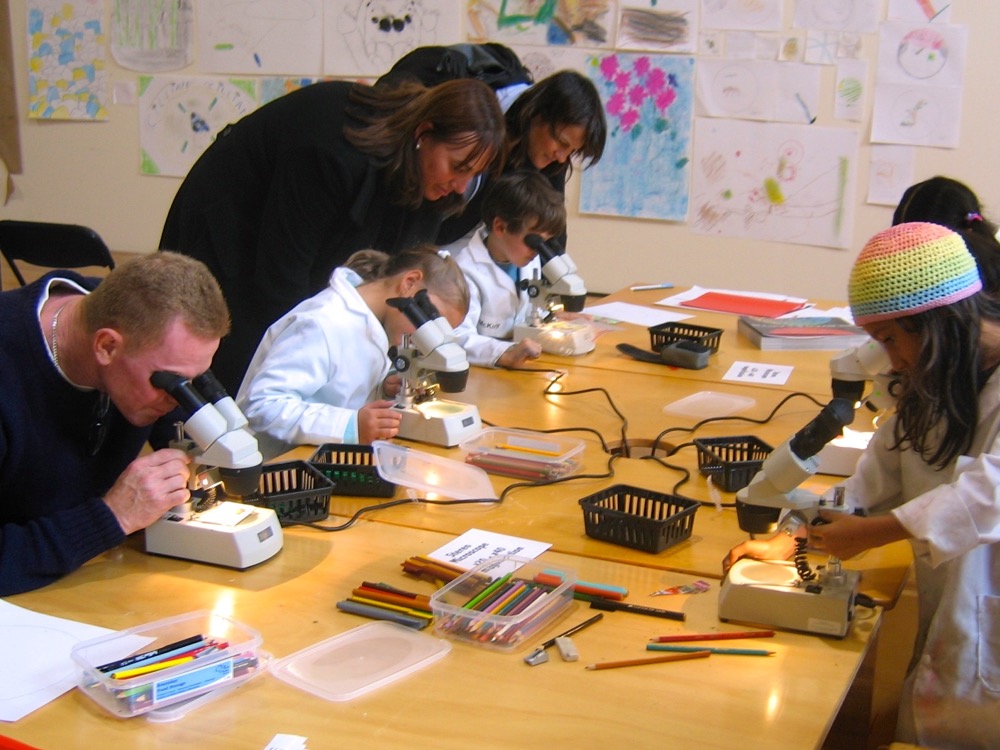
Most journalists need a second pair of eyes to check through their copy in order to spot any factual, grammatical or spelling mistakes.
This is because it’s often difficult to see where you have made errors. We see and read what we think we have written.
However, as more of us work alone, without anyone to check our work, mistakes can get missed.
Here are a few suggestions from journalists on how to reduce embarrassing errors.
Getting sloppy with copy
I write a lot of stuff on the move. The copy always looks fine to me when I write it, but when it’s published I regularly spot silly mistakes.
Perhaps it’s because I am sloppy; perhaps it’s because I am a fast touch typist. Others have told me they have the same problem.
When I was a newspaper journalist I always relied on the news editor and the subs to put things right. Probably too much so.
When I moved to radio and later TV there was less of a need to get the spelling right because I just voiced the script I had written – so I probably became careless.
And now, when I write I don’t have the luxury of a second pair of eyes to check what I have written.
I invited a number of colleagues to share how they deal with the issue.
The contributions were so good that I thought it worth including them in a short training module for this site because they may be useful for a wider audience.
The three tips for spotting errors in copy
There were several tips submitted but three stood out:
- Try to fool the brain – change text size and colour, font and background.
- Don’t get caught up in the narrative – read from bottom to top so you are forced to think.
- Print and read out loud – to be able to hear silly mistakes in sentence construction.
Fool your brain
Terry O’Connor, a former print and online journalist and now a freelance journalist and trainer, suggested that it’s all a matter of tricking the brain. Terry wrote:
“Since we journalists cannot (normally) put our work aside for a time and then re-read it, we miss the ‘stranger’s eye’ that’s essential for picking up mistakes. Our eyes might see the mistakes but our brain interprets what the eye sees as whatever we intended to write. So it’s time to fool the brain by presenting the material in an unfamiliar way, thereby forcing it to see it as a stranger would — a bit, anyway. If you have time, print the article and re-read it. If you don’t have time or paper, change the screen resolution, page width, text colour, background colour, or all of these. If I’m in a real hurry I just select all, make the text white and the background black. This forces the brain to work as a stranger and you’ll be surprised what you can pick up.”
Read your material out of context
Phil Harding, journalist, media consultant and former director of news at the BBC World Service said he doesn’t know of a foolproof method, but goes along similar lines to Terry O’Connor in trying to force the brain to look at the content differently.
“Leave it overnight…..print it out of course, if you can….changing the font…..reading the paragraphs in reverse order (part of the trick is not to get caught up in the narrative)…. and often best of all read it out loud slowly.”
Enlist a trusted colleague
Nick Raistrick, a media development specialist agrees with Phil Harding’s point about reading the material out loud, but he also turns to colleagues to check his copy.
“I enlarge my copy using a massive font, close everything else on my desktop, and then read it out loud …. and still I miss stuff. I can’t sub my own work at all, which is embarrassing as I’m so anal with other people‘s copy. I’ve developed an informal network of subs who I sometimes send things to… as long as it’s reciprocal. Not always practical as deadlines loom though…”
Look out for sentences that don’t make sense
Bob Doran, former senior BBC journalist and now media consultant and trainer agrees with both the reading aloud and fooling the brain approach.
“I always recommend reading your story aloud. Sometimes a piece can look fine on the screen; it’s only when you read it aloud that you spot the absurdities. I remember listening to a radio news story which began: A man has died after being shot outside a concert by Madonna (or some other star). The writer meant to say that Madonna was giving the concert. When it was read out loud, it sounded like she’d pulled the trigger. Read it aloud yourself and you’ll see. This approach is particularly useful for radio and television scripts. If your sentences are hard to read because they’re too long or too wordy, you’ll know they won’t work on air.”
Walk away, if you can, and return to the text later
Catherine Kustanczy, reporter and freelance broadcaster suggests leaving the copy and returning to it later. She agrees with the reading out loud approach.
“Walk away for a day, an hour, it doesn’t matter. Then come back. Read it once. Read it again, out loud. Always works for me.”
Naomi Goldsmith, a journalism trainer at the BBC World Service Trust and other international media development organisations agrees with the approach of making the brain work.
“I change the look of the copy. I generally change the font style, make the size larger and print it out to read. The secret is to make it look unfamiliar.”








